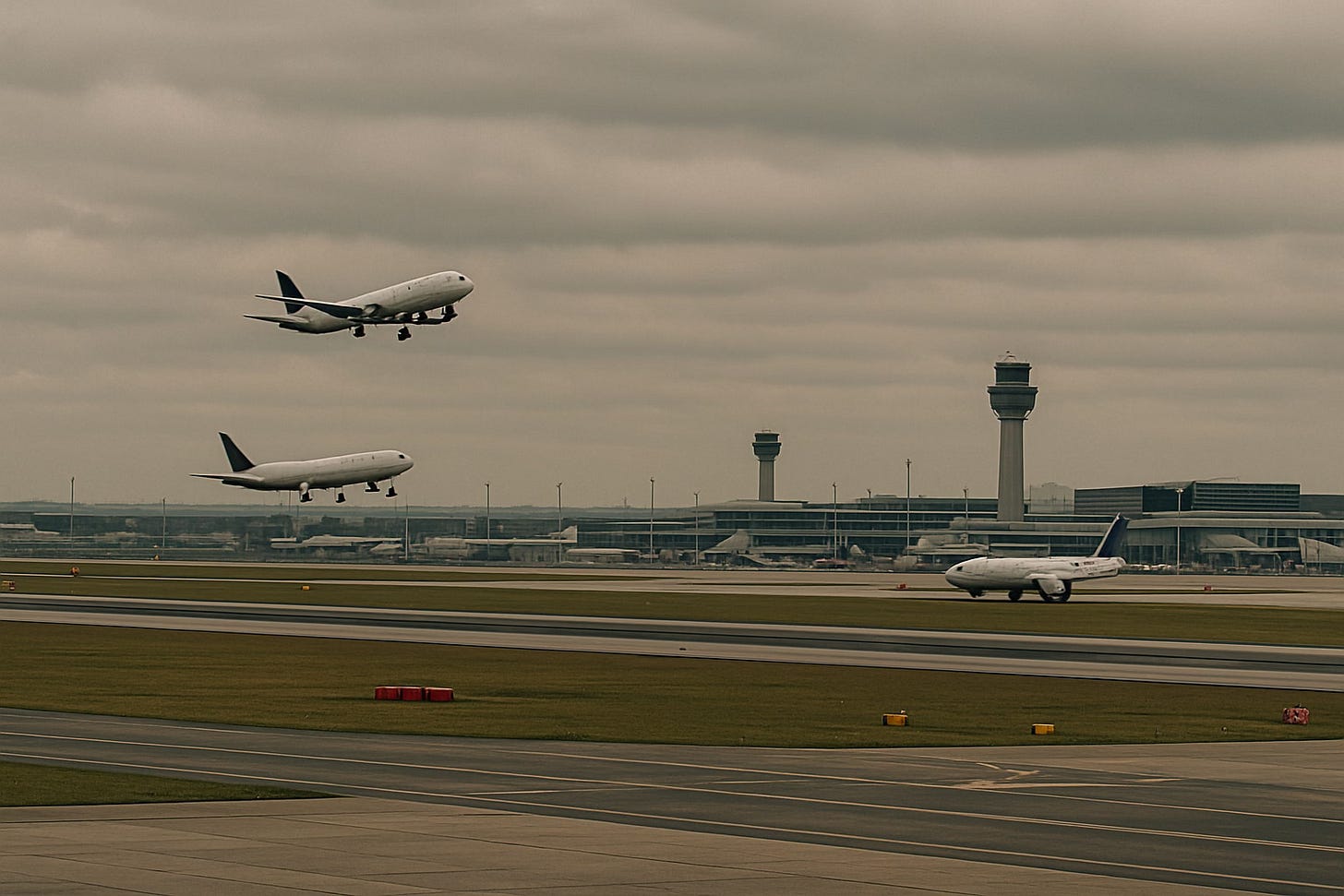Britain to Adopt New National Languages
New policy aims for inclusion, chaos and the slow collapse of administrative reality
WHITEHALL - The government has confirmed that English will now be one of 40 equally valid national languages used across Britain, in what ministers have described as “a bold step toward meaningful inclusivity, administrative complexity, and cultural exhaustion.”
“Why should new arrivals have to learn English?” said Diversity and Belonging Minister Florentine Birch-Moore. “Forcing linguistic cohesion is colonialism, basically. We’re choosing equity instead.”
Under the new Multilingual Equity and Access Directive, all public and private services, from NHS triage to Tesco self-checkouts, must now be available in Albanian, Arabic, Amharic, Bulgarian, Farsi, Somali, Urdu, Yoruba, and 32 others, including one spoken exclusively in a Himalayan goat village.
Government Defends Economic Impact
Initial modelling suggests the move could shrink GDP by 5% annually, as forms grow from 2 pages to 68, and routine medical appointments require four interpreters, a translator's union rep, and a vibes consultant.
However, Treasury sources said this was “a perfectly reasonable cost for ensuring that Britain no longer functions in a way that could be considered oppressive to non-English speakers.”
A leaked cabinet memo confirmed that HMRC phone lines will now offer:
40 language options
6 culturally-sensitive hold music settings
A default message: “Press 9 to opt out of the British experience entirely.”
Education Reforms
State schools will introduce a rotating language curriculum, in which English will be taught only on Thursdays to avoid giving it "hegemonic centrality."
Maths will be taught in Turkish, science in Pashto, and R.E. in what the DfE described as “vocalised empathy tones.”
Headteachers have been instructed to remove all “Welcome to Our School” signs unless they are translated 39 additional times and printed on sustainable lentil paper.
Cultural Shift Underway
The BBC has announced a 24-hour simultaneous multilingual broadcast feed, which will feature one hour of English per fortnight, subtitled apologetically.
Meanwhile, Parliament has begun trialling multilingual debates, though last week’s Prime Minister’s Questions descended into chaos after three interpreters walked out citing “existential fatigue.”
Public Response
A Downing Street spokesperson denied that the policy would divide Britain along linguistic lines, insisting that:
“This is about unity - just the very loud, overlapping, untranslatable kind.”
Polling shows a mixed reaction:
11% “support the change in principle”
19% “look forward to using French in Greggs”
63% “don’t understand what’s happening anymore, even in English.”

